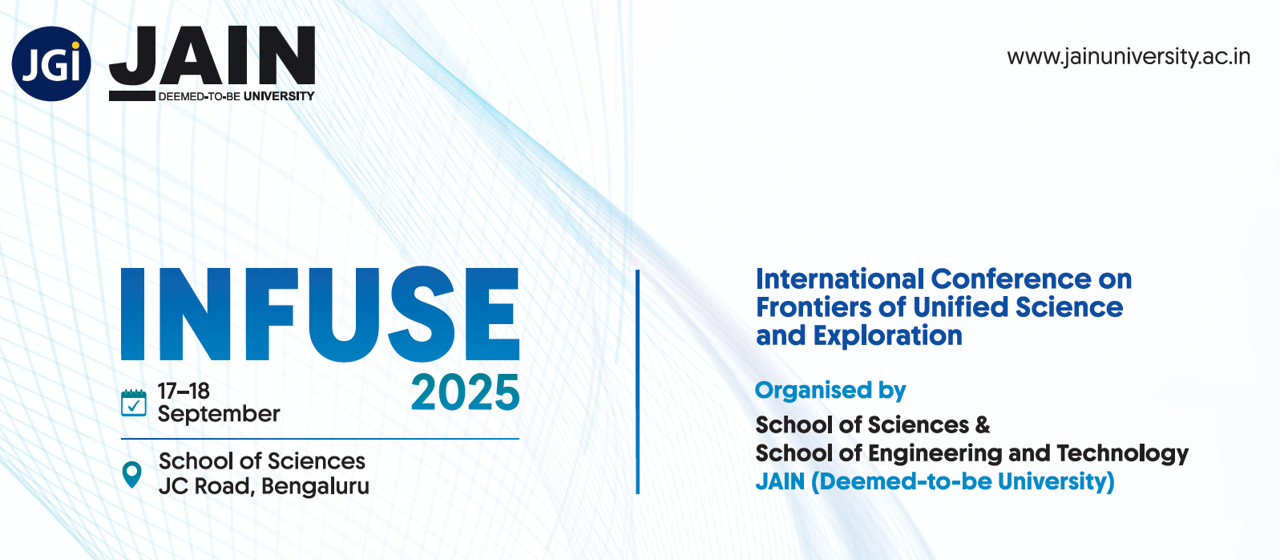Speaker
Description
The extended emphasis on environmental sustainability and green
chemistry principles has driven noteworthy interest in biopolymer-based
materials as a substitute for conventional synthetic polymers. Sodium
alginate, a naturally derived anionic polysaccharide extracted from brown
seaweed, has positioned itself as an excellent specimen of sustainable
material design, encompassing the core ideals of green chemistry through
its renewable origin, biodegradability, non-toxicity, and versatile
functionality. This all-inclusive review examines the role of sodium alginate
in progressing green chemistry and sustainable chemical processes, with
special focus on its implementations in environmental remediation, materials
science, and energy storage. This review critically analyzes the synthesis
strategies for sodium alginate-based materials, highlighting low-toxicity and
cost-effective preparation methods that align with green chemistry
principles. We assess the efficacy of sodium alginate composites in water
treatment applications, including heavy metal ion removal, organic pollutant
adsorption, and oil-water separation, demonstrating their potential to
replace current non-biodegradable separation materials. Furthermore, the
review explores the incorporation of sodium alginate in energy storage
systems as electrodes, electrolytes, separators, and binders, displaying a
promising potential in sustainable energy technologies. Special attention is
given to regeneration and recyclability strategies, waste valorization
approaches, and life cycle considerations that support circular economy
principles. The challenges and opportunities for scaling up sodium
alginate-based technologies are discussed, along with future directions for
enhancing material performance while maintaining environmentalcompatibility. This review offers valuable insights for researchers, scientists,
and engineers looking to implement sustainable chemical processes and
materials, placing sodium alginate as an ideal material for the transition
toward a more sustainable chemical industry.

